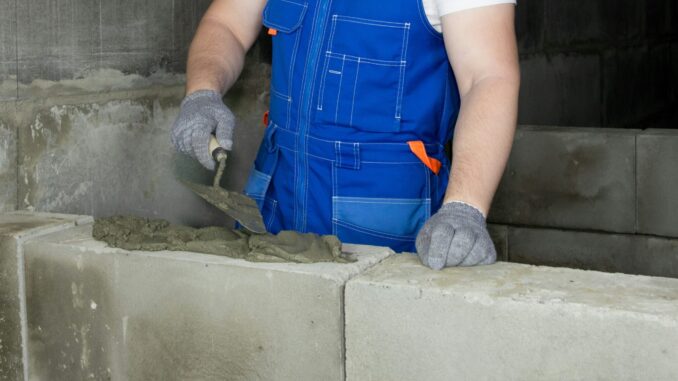
The Department of Trade and Industry (DTI) launched a safeguard measures investigation on cement imports to address the persistent influx of foreign cement overwhelming the Philippine market, a move commended by the Cement Manufacturers’ Association of the Philippines (CeMAP).
The probe supports local cement producers who face stiff competition despite having an annual production capacity of 50 million tons—well above the national demand of 35 million tons.
Maria Guiza Lim, director of DTI’s Bureau of Import Services (BIS), said there is no prohibition against simultaneously enforcing the Safeguards Measures (SG) Act and the Anti-Dumping (AD) Act to protect the local cement industry.
“SG is a safety net for the surge in imports causing injury to domestic industry. In a way, providing breathing space to domestic industry to import competition. While anti-dumping, is unfair trade. It occurs when manufacturers export a product to another country at a price below the normal price with an injuring effect,” she said.
CeMAP executive director Renato Baja said the Philippine cement industry could well produce up to 50 million tons annually, above the national demand of about 35 million tons.
He said imported cement, particularly from countries like Vietnam where domestic demand is low and surplus is exported, continues to impact local manufacturers.
Vietnam remains the top cement source of the Philippines at 93 percent, followed by China and Indonesia, with 1-percent and 5-percent share on imports.
Baja said the Philippine cement industry relies almost entirely on locally-sourced raw materials, transforming them into high-quality products through Filipino expertise to support the country’s infrastructure needs.
He said given the current utilization rates of only 55 percent to 60 percent, local producers face high production costs, leading some plants to temporarily suspend operations.
“Economies of scale and high-capacity utilization are essential for cost efficiency,” Baja said, adding that, despite challenges, the industry remains optimistic, focusing on future investments in energy-saving technologies.
Locally-produced cement adheres to Philippine National Standards (PNS), which account for the country’s unique climate, geological and seismic conditions.
DTI Secretary Cristina Roque’s timely intervention, along with the recently passed Tatak Pinoy Act, will help stabilize employment, strengthen local industries and uphold essential construction standards amid the influx of imported cement, the cement makers said.


Be the first to comment